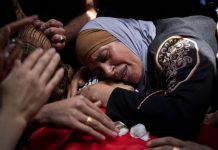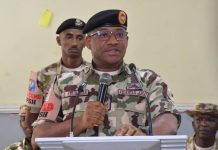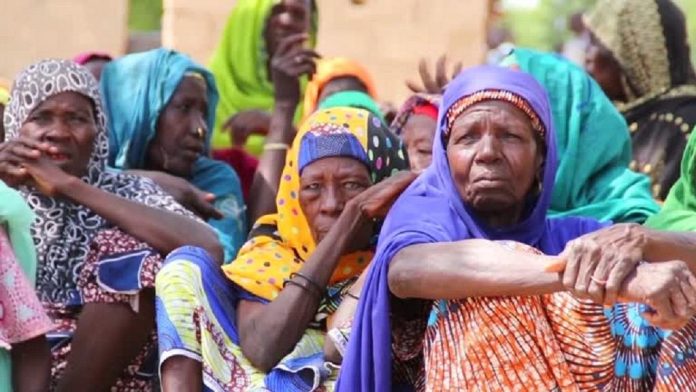NIGERIA
Senior officials from UN agencies and other aid agencies, visited camps for the displaced in northeast Nigeria last week, to assess the humanitarian situation there following a recent upsurge in violence.
The aid workers stressed that the crisis in Borno, Adamawa and Yobe States needs renewed support to face growing humanitarian needs, caused by a decade-long conflict with Islamist fighters.
The officials represent the Interagency Standing Committee (IASC), an inter-agency effort that co-ordinates humanitarian assistance in crises.
During the mission, senior officials visited several camps for internally displaced civilians in Maiduguri and some of the towns mostly affected by the crisis in Borno State including Damboa, Dikwa, and Rann.
They met communities affected by the conflict to better understand their needs.
Women and children make up 80 percent of the people who are internally displaced.
The violence continues to disrupt livelihoods, deepening threats like food insecurity, malnutrition and epidemics in affected communities.
About 7.1 million people need life-saving assistance across the states of Borno, Adamawa and Yobe, while nearly 3 million are facing food insecurity.
Camps are also overcrowded due to lack of adequate shelter, increasing the risk of disease outbreaks.
“What we need the most is food, shelter, health facilities, toilets and education for our children. That is what we need,” said Garba, a displaced civilian.
The United Nations and its partners appealed for $848 million to provide assistance to 6.2 million people in 2019. So far the response plan has received 32.6 percent of needed funding.






















![2018 Sports Review: Winners, losers and questions facing African football 2018 Sports Review [1]: Winners, losers and questions facing African football](http://skynewsafrica.net/wp-content/uploads/2018/12/caf1-100x70.jpg)
![Watch: The harrowing moment a taxi flies into pedestrians in Ballito SA [video]](http://skynewsafrica.net/wp-content/uploads/2018/12/acci2-100x70.png)

